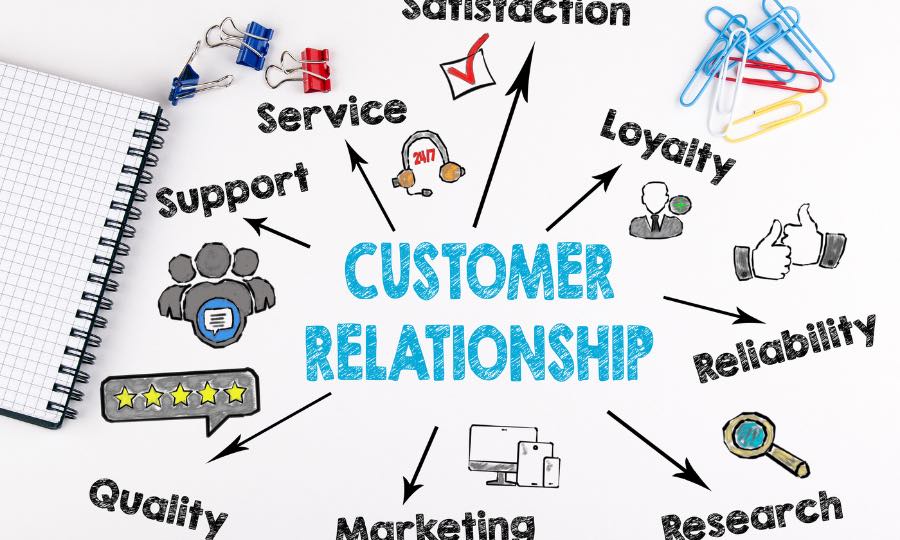CRM refers to “customer relationship management“ software, which helps organizations keep tabs on and organize their interactions with customers.
See Also: What is Influencer Marketing and Does it Work?
Your company’s sales, marketing efforts, and customer service can benefit from a customer relationship management system (CRM). They can keep track of information like user behavior, customer retention rates, purchase history, and notes from sales interactions.
Customers’ interactions with your company’s website, social media pages, and email marketing campaigns are monitored by CRM software. They use this data to send triggered emails or notify sales staff of the customer’s interest during the sales process.
Reasons why customer relationship management is good for business:
Enhanced attention to customers
Although modern customer relationship management systems serve a wide variety of purposes, their original intent was and remains to better the relationship between businesses and their customers.
Customer relationship management systems organize your business’s interactions with customers. They provide data like customer demographics, purchase history, and correspondence history across all channels accessible to anybody who needs it. This guarantees that your staff always has access to the most up-to-date information about each customer. It allows them to better serve them and, in turn, increase customer satisfaction.
In other words, sales have gone up.
Using a customer relationship management platform, you can centralize all of your sales data for analysis. This will improve the efficiency of your sales process, pipeline, automated tasks, and overall sales output. With the help of a customer relationship management system, you can create a streamlined sales procedure that is reliable for all personnel and readily adjustable as needed.
Improved customer retention
It is important to work hard to keep your customers once you’ve won them over through lead generation and conversion. Utilize your CRM and the data it provides to foster customer loyalty and prevent the pitfalls of high customer churn, such as decreased revenue and disturbed cash flow. You may quickly identify issues and handle them with customers by using the CRM’s sentiment analysis, automatic tickets, customer support automation, and user behavior tracking features.
In-Depth Statistics
It’s not enough to simply collect a mountain of client information; you also need to understand what it all means. Built-in analytic features in CRM software help put data in context, transforming raw numbers into meaningful information. You may evaluate the efficacy of a marketing campaign by looking at data like clickthrough rates, bounce rates, and demographic information.
Greater efficiency and output
By leveraging marketing automation technologies, CRM software streamlines repetitive processes like drip campaigns so your team can concentrate on higher-value activities like content creation. It can also guarantee that nothing gets overlooked (e.g., all important emails are always sent to the right people). In addition, a customer relationship management system can provide you with an overview of your company operations and highlight areas for development in your workflows.
The sixth advantage of a centralized data repository is
A further strength of Customer Relationship Management software is that it stores all of your client data in one place, where it can be accessed by anybody in your company who needs it. This facilitates the sales team’s ability to know, for instance, what products a specific customer is considering. The customer relationship management system stores information about the client’s history with the business. This can be used to tailor future promotions and sales pitches. Your personnel will appreciate not having to sift through dusty old files, and new customers will appreciate the increased efficiency.



















